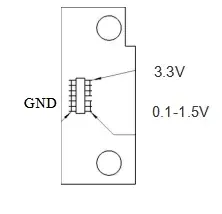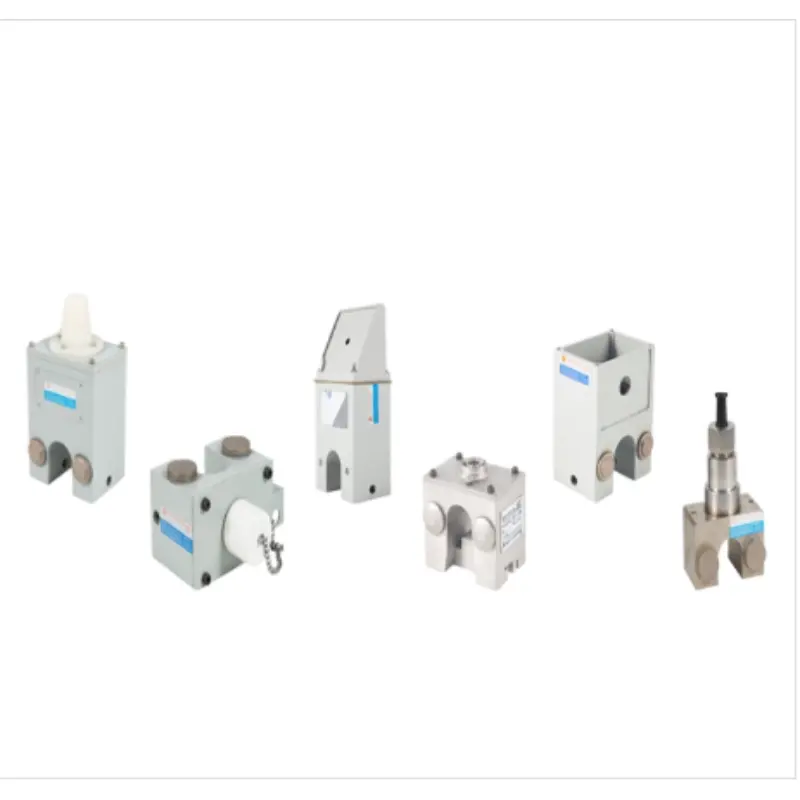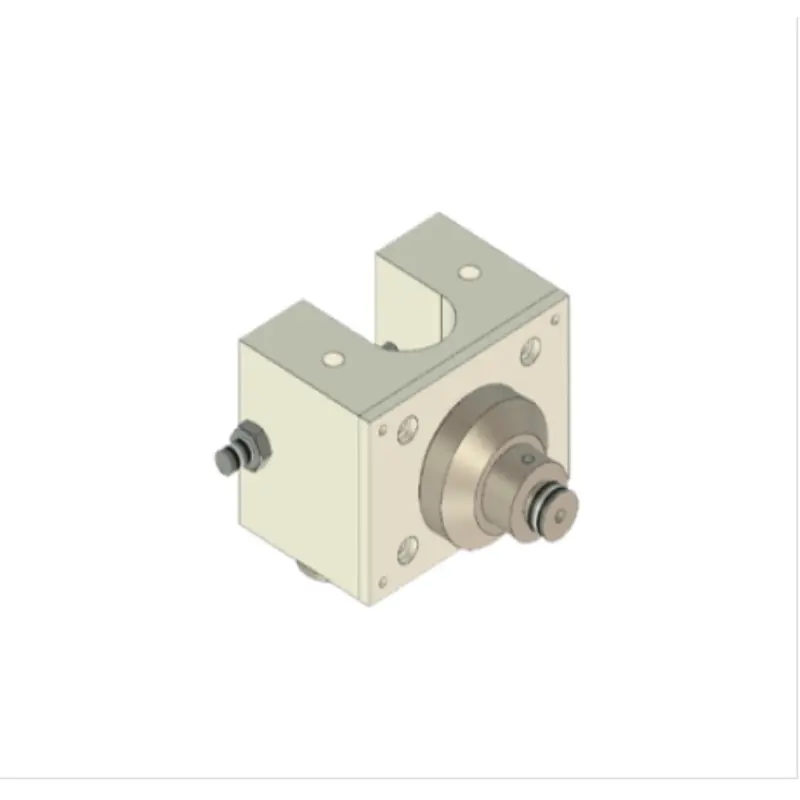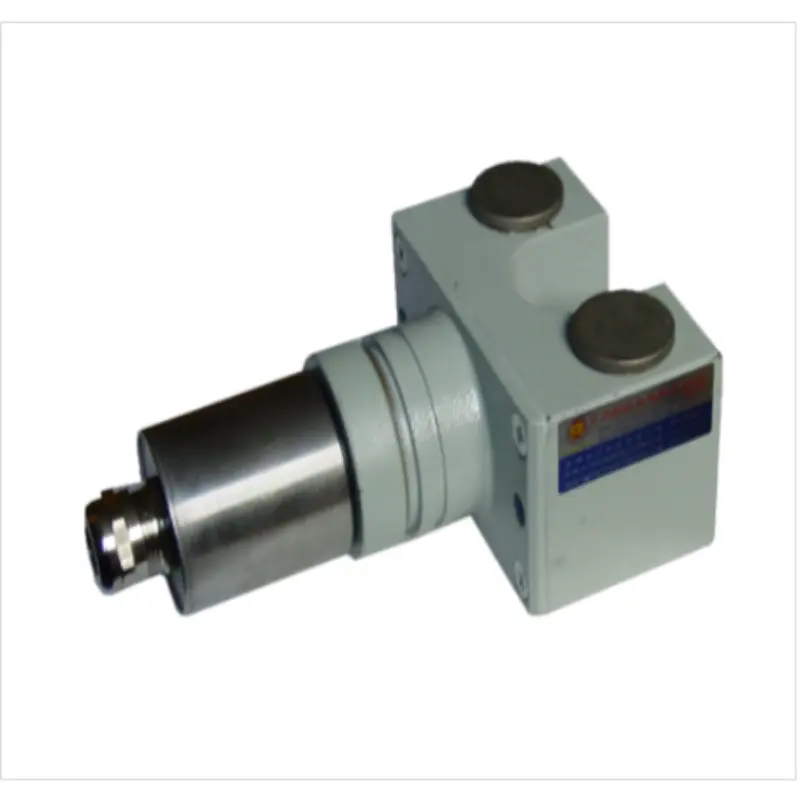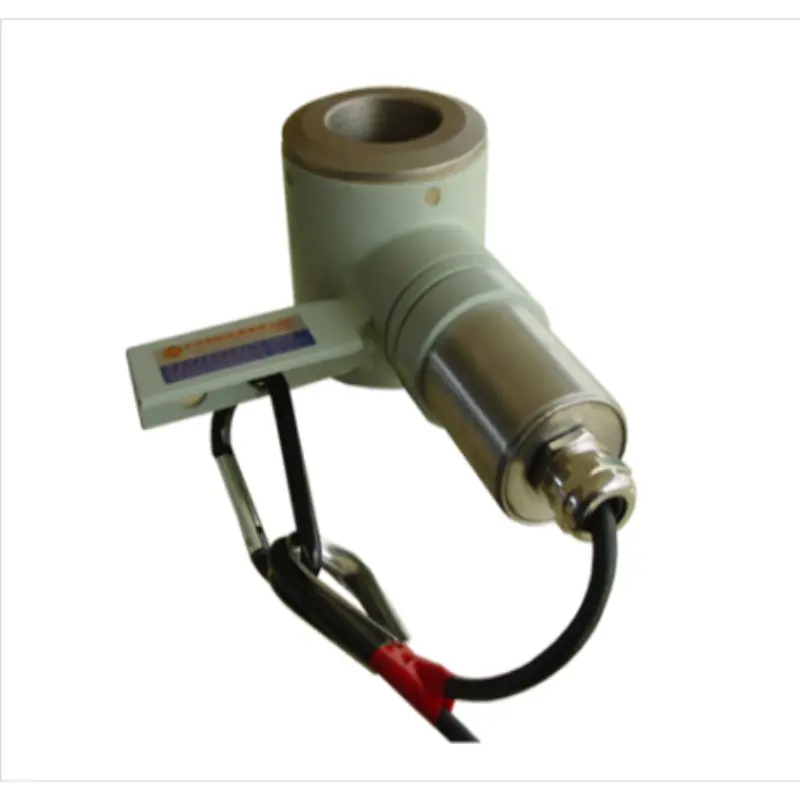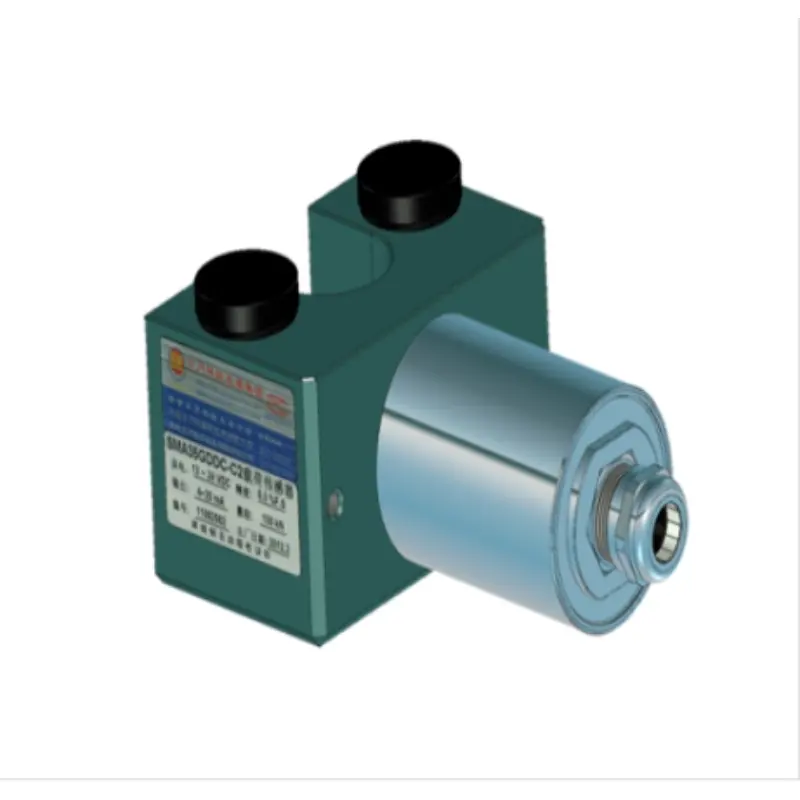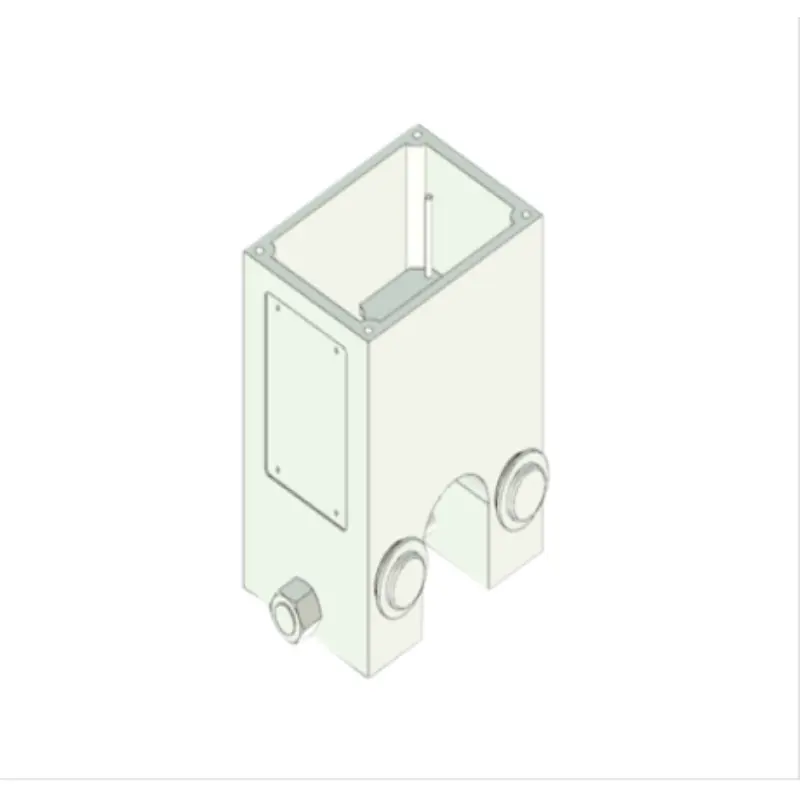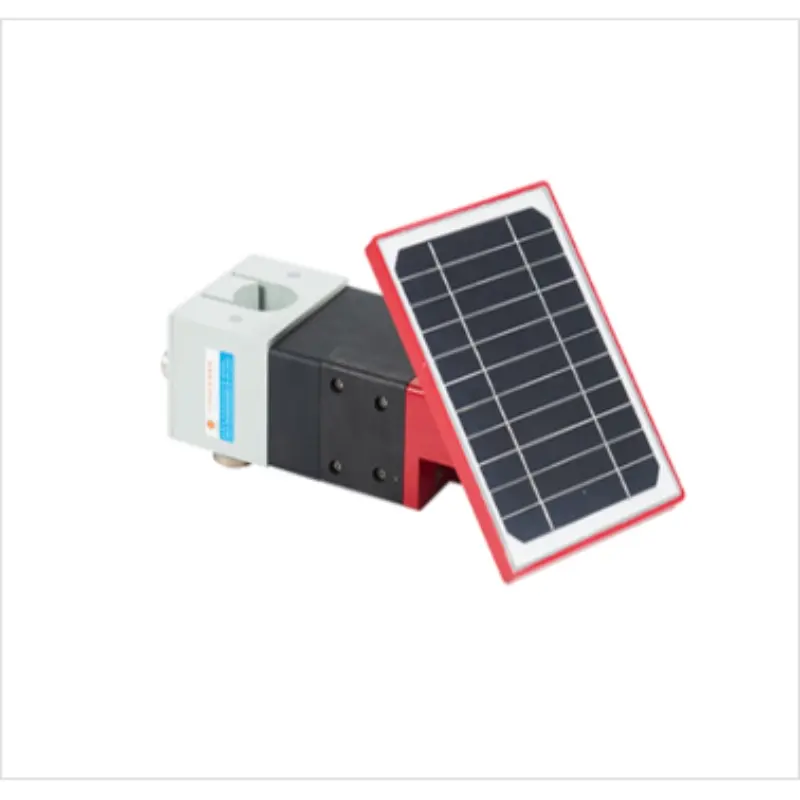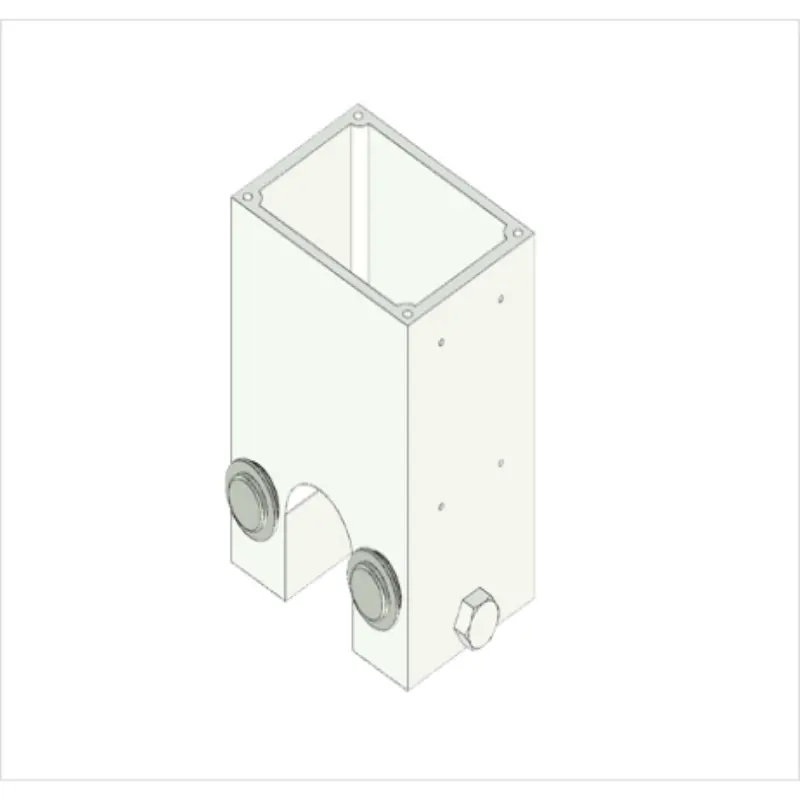
Load Cell / Load Cell Customization
Product Categories Load Cells
The load sensor is designed for the test of the pumping unit well performance diagram. It is a load sensor with high anti-interference performance. The product adopts standard mv signal output or AD amplifier board voltage signal output 0.1-1.5V/0.1-2.5V and fully sealed design. It can work in harsh environments such as high temperature, high cold, high humidity, high radiation, etc. It is currently widely used in the pumping unit performance diagram measurement system.
Overview
The load sensor is designed for the test of the pumping unit well performance diagram. It is a load sensor with high anti-interference performance. The product adopts standard mv signal output or AD amplifier board voltage signal output 0.1-1.5V/0.1-2.5V and fully sealed design. It can work in harsh environments such as high temperature, high cold, high humidity, high radiation, etc. It is currently widely used in the pumping unit performance diagram measurement system.
The high reliability design adapted to the industrial environment, as well as the characteristics of high precision, simple installation, convenient maintenance, environmental protection and durability have won the recognition of users. It has not only been promoted and applied in major domestic oil fields such as Shengli, Daqing, North China, Changqing, Xinjiang, Qinghai, etc., but has also been partially used in overseas oil companies.
Features
Movable installation saves installation and crane costs;
Fully sealed and waterproof design to meet all-weather use;
High reliability;
Easy and safe to operate;
Can be used with other types of wireless data transmission to fix load/displacement
The transmitter together constitutes a wireless test system;
The output is consistent and completely interchangeable.
Dimensions (In mm. 1mm=0.03937 inches)
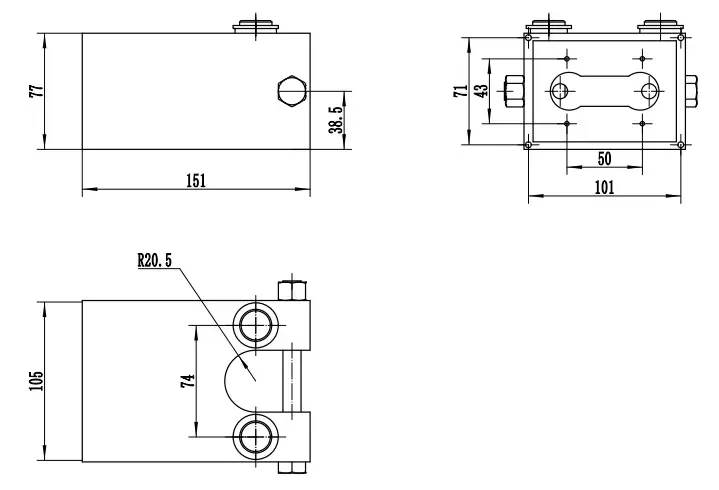
Circuit Diagram
| Red: | input | red: | powered by |
| Blue/White: | GND | Blue/White: | Public terminal |
| Yellow: | output | yellow: | Signal |
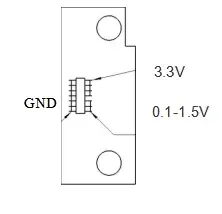
Specification Technical parameters:
| Project Type | Technical parameters |
| Measuring range Nominal load range | 0~150 KN |
| Output output | 0.1-1.5V |
| Comprehensive accuracy Class precision | 0.5%FS |
| Insulation resistance Insulation Resistance | ≥5000MΩ |
| Zero output Zero Balance | ≤0.1%FS |
| Operating voltage Power supply | 3.3 VDC |
| Temperature drift Effect of temperature | 0.5%FS/10℃ |
| Temperature compensation temperature compensation | -10~65℃ |
| Operating temperature Operating temperature | -40~+85℃ |
| Safety overload Safe Load Limit | 150% FS |
| Plastic deformation limit Safety margin against yielding | 300% FS |
| Material Material | High performance alloy steel or (chromium ratio greater than 15% stainless steel) High performance alloy steel or (chromium ratio>15% stainless steel) |
| Protection level Protection type | IP68 (IEC60529) |
Speed Code
| 110235YD013f | 150KN | φ40 |
| 250KN | φ40 |
How it works
The load sensor mainly utilizes the elastic deformation of the columnar elastic body under the action of external force to change the resistance value of the resistance strain gauge attached to its surface (increase or decrease), and then converts this resistance change into an electrical signal (voltage or current) through the corresponding measurement circuit, thereby completing the test process.
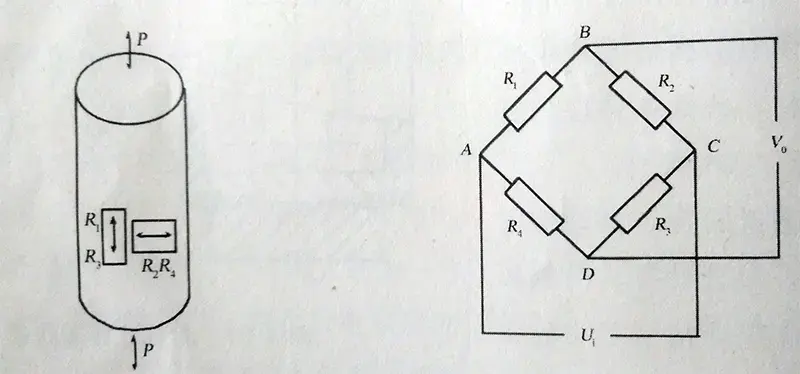
Details

Excellent alloy steel material
Made of high-quality alloy steel, it has high hardness after quenching. The nickel-plated anti-corrosion layer has good corrosion resistance and can maintain long-term stability in harsh external environments.

Application Scenario

Usage and precautions:
(1) When determining the sensor specifications, it is recommended to select 80% according to the rated load.
(2) When designing a loading device, the user should ensure that the line of action of the loading force coincides with the force axis of the sensor to avoid measurement errors caused by lateral forces.
(3) Sensor cable wiring mark:
A: Sensor: Power supply +: red, power supply -: blue
Signal +: yellow, signal -: white
B: Amplifier: Power supply: Red, Common terminal: White (blue)
Signal: Yellow
(4) After the sensor is connected to the power supply, it must be preheated and the instrument must be stable before starting to work. When making long-distance measurements, the lead shielding layer must be grounded after being connected to the system.
(5) The sensor housing, protective cover, and lead connector are all sealed. Please do not open them at will.
(6) The sensor should be stored in a dry and corrosion-free environment. Avoid using the sensor in an environment close to high non-working heat sources.
